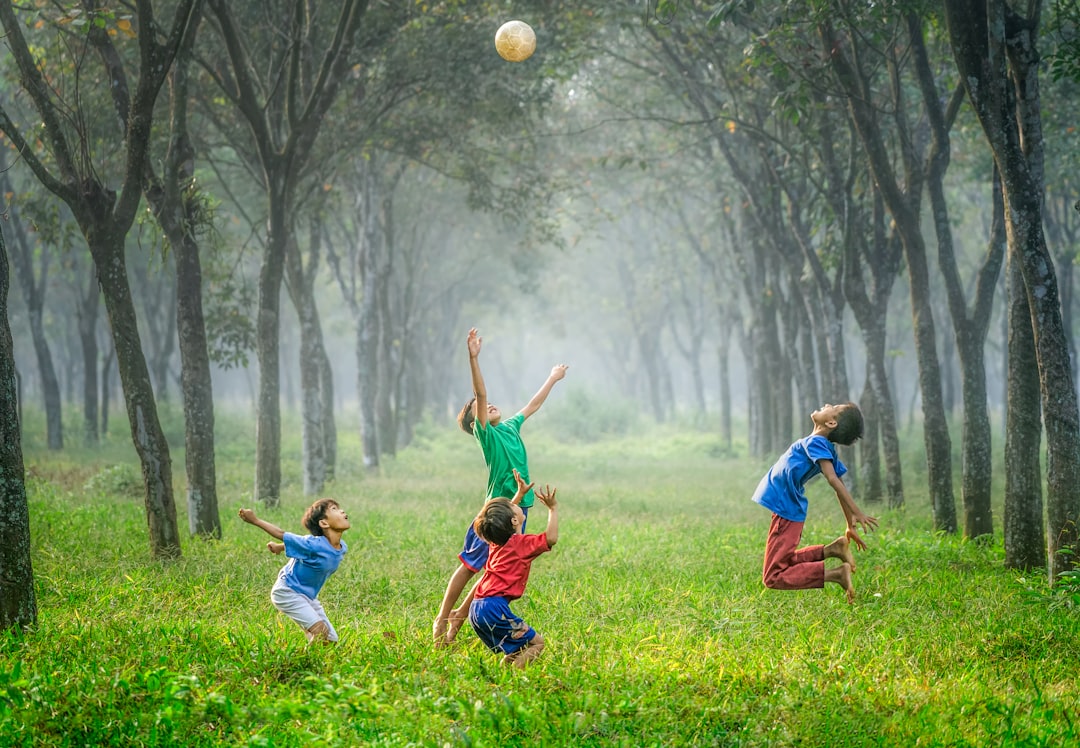
While there are concerns about the negative impact of physical isolation is having on children’s learning, we should also be concerned about their mental health. Teachers and health professionals report that the strain of physical isolation is starting to show for many children and young people. Any anxiety and fear they experience is heightened by isolation from friends, lack of access to their usual sports and leisure activities and a lack of certainty about the future.
In these challenging times kids’ mental health needs to be a high priority. The following plan will show you how to lay a solid foundation for a good mental health and outline key behaviours that will help build the resilience and psychological strength that kids need in these difficult times.
Build the Foundations for Good Health
A healthy diet, plenty of exercise and good sleep patterns are basic to good physical and mental health. Get the foundations right and you establish optimum conditions for your child to flourish even in difficult circumstances.
Eat a Healthy Diet
The ‘healthy body, healthy mind’ mantra that we grew up with, needs to be updated to ‘healthy gut, healthy brain’. Recent research has revealed the links between a child’s gut health and good mental health.
A framework for healthy eating includes eating real rather than processed foods, consuming small and regular meals, starting each day with protein and complex carbs, drinking plenty of water and keeping kids away from caffeinated drinks.

Do Plenty of Exercise
Exercise not only promotes good mental health but also a tool that kids can use to manage their mental state. Exercise and movement send endorphins through their bodies improving mood and relieving tension and stress. Exercise and movement relax the muscles and reduces feelings of anxiety that build up over time.
A framework for exercise includes starting the day with some movement, taking regular movement and game breaks, finishing the school day with movement that gets their limbs moving and hearts pumping.

Maintain good sleep patterns.
The benefits of good sleep patterns are immense and far-reaching, impacting kids’ learning, memory and emotional stability. Sleep restores the brain to optimum conditions and rejuvenates the body, allowing hormone levels elevated during the day to return to normal. Consequently, sleep-deprived kids experience greater anxiety doing routine tasks.
A framework for good sleep patterns includes finding an optimum bedtime; creating a regular, relaxing routine, eating and exercising at the right time, creating a sleep sanctuary and getting up at regular times each day.
Maintain Social Connection
As social beings, we long for connection to others and a sense of belonging to groups. While time alone can be restorative, sharing experiences, thoughts and stories with others is absolutely essential to your child’s happiness and wellbeing.
A framework for social connection includes one-on-one time with family members and other loved ones, having shared family experiences to confirm a sense of belonging, having shared time and experiences with peers from school and the neighborhood, and a connection with the broader community through shared experience, cause or goal.

Spend Time with Nature
Recent studies highlight what we already knew – that time spent in natural environments benefits our happiness, our sense of wellbeing and reduces stress and tension. The rejuvenating benefits of time spent in the bush or by the sea may be difficult to acquire during times of physical isolation but walks to the park, spending time under a favourite tree or even bringing some green shrubs inside have proven to be just as beneficial to children’s mental health.
Practice Deep Breathing
Deep breathing has great preventative powers helping the mind stay in a state of focus and calm.
A deep breathing framework includes practicing deep breathing spontaneously throughout the day, combining deep breathing with mindfulness practice, using deep breathing to restore energy when tired, and breathing deeply during an anxious moment.
Check in on Feelings
It requires kids to stand still, close their eyes, take some deep breaths, identify and give a name to their feeling. This simple habit of checking once practiced and learned is a wonderful life skill to acquire.
Looking after your child’s mental health may seems like a mystery at times. But there is a great deal we can do. By laying a foundation for good general health and then working at maintaining the pillars of mental health and teaching kids the protective mental health behaviours you provide them with a solid framework for maintenance of good mental health that they can take into adulthood.
By
Ms.Kanakavally,
